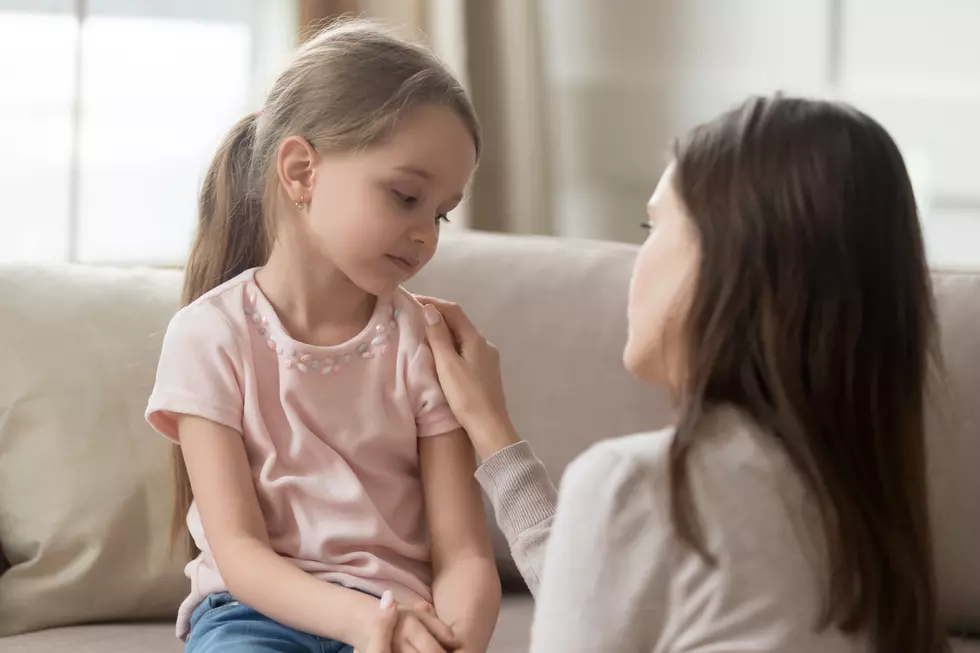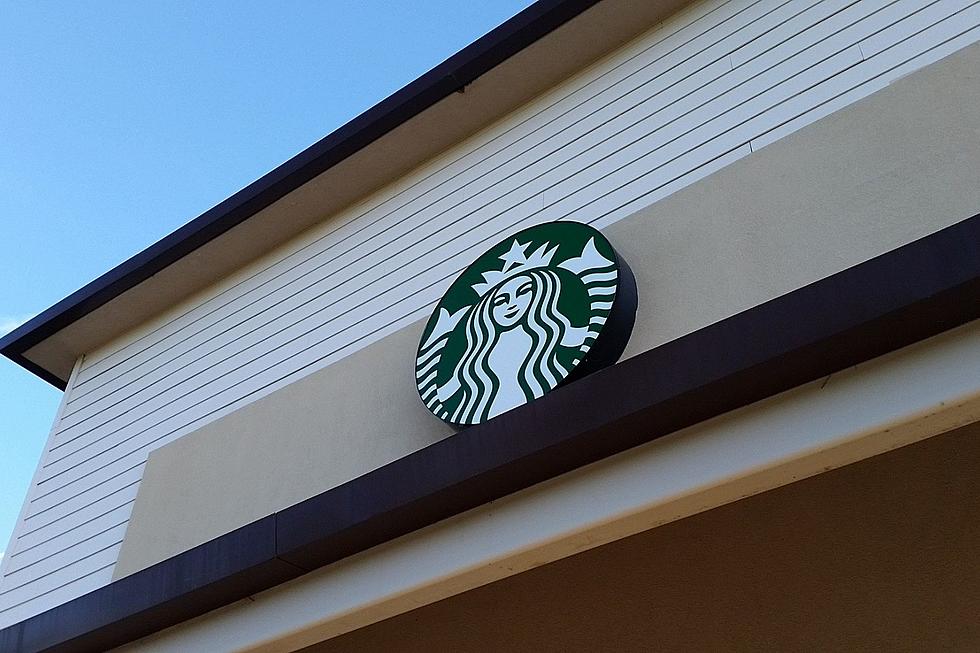
Who in NJ should get a second COVID vaccine booster, and when?
On March 31, Gov. Phil Murphy's office announced the 64-year-old Democrat had tested positive for COVID-19, almost four months to the day since he received a booster dose of the coronavirus vaccine and nearly three months after First Lady Tammy Murphy tested positive.
Twelve days after Gov. Murphy's COVID diagnosis was made public, he and the First Lady said they both received a second booster shot, as has been recommended in the U.S. for people over 50 or who are moderately to severely immunocompromised.
But viral vaccines are historically effective no earlier than three to four weeks after a known infection, according to Dr. Stanley H. Weiss, professor of medicine at Rutgers New Jersey Medical School and professor of biostatistics and epidemiology at Rutgers School of Public Health.

Any sooner, Weiss said, and someone who gets a vaccine dose runs the risk of not benefiting from the level or length of protection they expect — although, he added, an extra shot will not harm them.
"Due to your boost in immunity, you might not respond as well to a vaccine dose until your immune system has come back to its prior level," Weiss said.
As BA.2, which has been described as "stealth omicron," has become the dominant COVID variant in New Jersey, eligible adults who may have been infected during the winter omicron wave might be wondering when or if it's appropriate to go for booster No. 2.
Weiss said a study of Scandinavian countries suggests that prior infection does help, but enough time has now passed since the omicron spike that another booster may be in order.
"The initial omicron infection, if you got it, does help boost your immune system, does give some protection in boosting you against getting BA.2," he said.
The data supporting a second booster for people 60 and older, Weiss said, come from use of the Pfizer vaccine in Israel, and show a significantly lower risk of death and severe illness in that population than just one booster dose.
Numbers for the 50-to-59 age group aren't yet quite as clear, and according to Weiss, there's some wiggle room with regard to the recommended interval of four months since a person's last shot.
Still, he said, "the extension of the U.S. to the recommendation of 50 to 59 is a very reasonable one, and the guidance has been, right now, to discuss that with your physician."
What about Gov. Murphy's seemingly early second booster appointment? Weiss considered the hypothesis of someone deciding to get this shot without getting regularly tested, as the governor is, or being symptomatic, which he had been.
In other words, how would a person's immune system respond to a booster shot if they'd just recently had asymptomatic COVID and never knew it?
"You can't deal with that, there's no data," Weiss said. "I would just go ahead and get the fourth dose."
The second booster dose is advised for its current groupings, Weiss said, because they may not retain immunity from prior shots or infections as long as younger or healthier people.
But by the time second booster doses are recommended for those younger than 50, he said, the discussion might start to be not how many shots a person should get, but how far apart they should be spaced. Right now, no one knows that for sure.
Patrick Lavery is a reporter and anchor for New Jersey 101.5. You can reach him at patrick.lavery@townsquaremedia.com
Click here to contact an editor about feedback or a correction for this story.
NJ beach tags guide for summer 2022
NJ county fairs make a comeback: Check out the schedule for 2022
New Jersey's new legislative districts for the 2020s
More From 94.3 The Point










